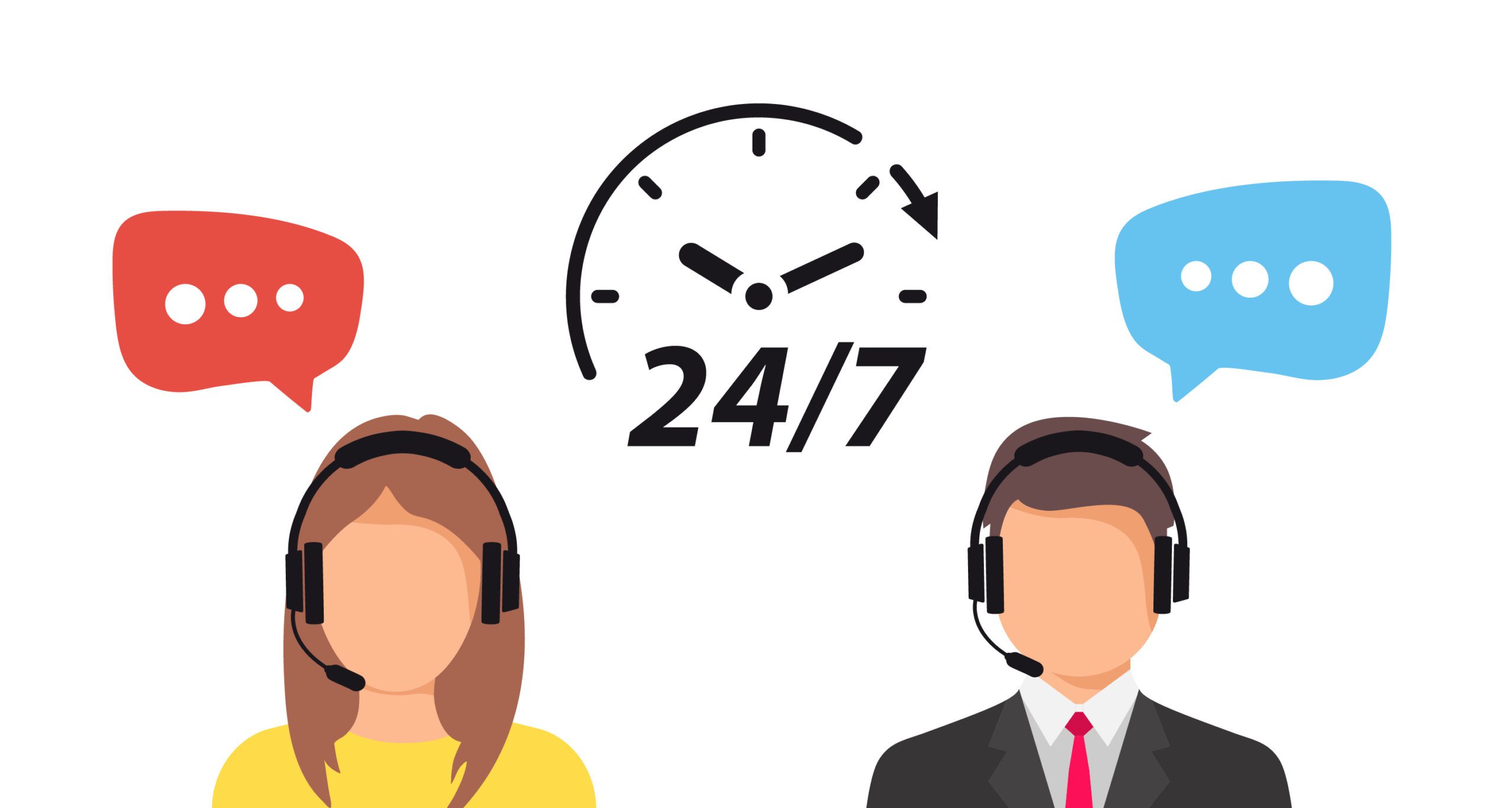![]()
If an alarm occurs after hours, but no one is around to hear it, does it really make a sound? Now this is a riddle EPS has the answer to. Our award-winning Monitoring Center is staffed 24/7/365 so when things go bump in the night—or at any hour—we are on it.
From low battery signals, to signals that indicate forced entry or fire, our team of dedicated operators is on stand-by. For the EPS Monitoring Center, there is no such thing as “after hours,” but many of our customers value their beauty sleep—and rightfully so. That’s why, when it comes to who is notified of alarm events, and when, you have options.
IMPORTANT: The following does not apply to commercial fire alarm systems, as fire code requires monitoring centers to notify on all commercial fire alarm signals, immediately.
Types of alarm signals
Monitored security systems, such as intrusion and fire alarm systems, send several types of alarm signals. First, supervisory alarms are signals that are often urgent, but non-emergent. These signals may indicate a low system battery, disruption in communication, a device being tampered with, or other. Supervisory signals function to keep homes and business owners in-the-know, and are important in helping our customers maintain the security of their premises. But in the middle of the night, a low system battery may be your last priority.
Although these signals are not often indicators of an emergency, our operators will call to notify your contact list, no matter the hour. That is, unless you request otherwise.
Many home and businesses also have monitored flood and temperature sensors. These devices detect the presence of water in high-risk areas, such as basements or storage rooms. Additionally, temperature sensors send the EPS Monitoring Center a signal when the temperature of a protected area drops below, or rises above a given number. Whether or not these types of alarms are considered emergencies, is up to our individual customers. A business owner, for example, may want to know immediately if water is detected, while a cottage-owner may wish to wait until morning to know the temperature at their second home has dropped.
Clear emergency signals, on the other hand, are signals that may indicate:
- A breached entry point
- The breaking of glass
- Motion sensed in protected area
- The presence of smoke or carbon monoxide
When it comes to a break-in or structure fire, a matter of seconds can save lives and protect property. Whether at noon or at midnight, notification of these signals is not something to pause. After all, that’s why the security system is there.
 Why does EPS notify on “non-emergent” signals after hours?
Why does EPS notify on “non-emergent” signals after hours?
The EPS Monitoring Center calls out on nearly all signals, unless otherwise requested. We strongly believe our customers should have full authority over their home and business security (with a little help, of course). This means letting you decide what is and is not urgent. Additionally, awareness of a supervisory signal may prevent future security risks. Let’s take a look:
Scenario one: Monday at 11:00 AM, you receive notification that the battery in your home’s kitchen smoke detector is low. The next morning, you switch out the battery, and the detector resumes functioning as normal. On Wednesday evening, while you’re away, your teenager starts a small cooking fire. The EPS Monitoring Center is able to dispatch the local fire department within seconds, and overall, damage is minimal. If the battery in this detector was dead, response by the fire department may have been delayed until smoke reached another detector in the home.
Scenario two: On Wednesday at 1:00 AM, EPS calls regarding your business, and notifies you of a tamper signal on the warehouse door sensor. This is a door on site that must be secured at all times. After hearing it’s been tampered with, you send maintenance personnel to check it out, and learn the door contact is damaged. Because you were notified right away, you were able to request urgent service with EPS to quickly resolve the issue.
 Setting parameters for notification
Setting parameters for notification
Now that we’ve covered the types of alarm signals, let’s discuss your options for after-hours notification. When beginning your safety partnership with EPS Security, our representatives will work closely with you to build a call or “contact list.” This list includes, at minimum, two designated contacts the EPS Monitoring Center will attempt to reach when notification is needed.
Many businesses, and even homeowners, prefer to be notified of ALL signals, at ALL hours. Good news is, this is the default. At EPS, we will only hold notification of alarm signals at the request of an authorized person on your account. When setting up your contact list, you will have the option to
- Designate a specific contact for after-hours calls
- Request the Monitoring Center disregard certain signals between given hours (ex. between 8PM & 8AM)
- Request the Monitoring Center only notifies you of fire alarm, intrusion alarm, and water detection signals during given hours
Customizing your notification preferences allows you to sleep through the night, while knowing the EPS Monitoring Center will notify you of unresolved issues, come morning.
Again, it’s important to note that notification of alarm signals on commercial fire alarm accounts cannot be paused, per fire code regulations.
I’m an existing customer. How do I alter my call preferences?
To specify your call list preferences, or to learn more about your options, contact our EPS Records Team at records@epssecurity.com
 The EPS advantage
The EPS advantage
EPS Security has safeguarded Michigan homes and businesses for more than 65 years. At EPS, our mission has remained the same since the start—to protect your people, places, and things. And yes, we’ll even do our best to guard your sacred sleep schedule. To learn more about a safe and security partnership with Michigan’s security expert, explore our website or contact us today.
